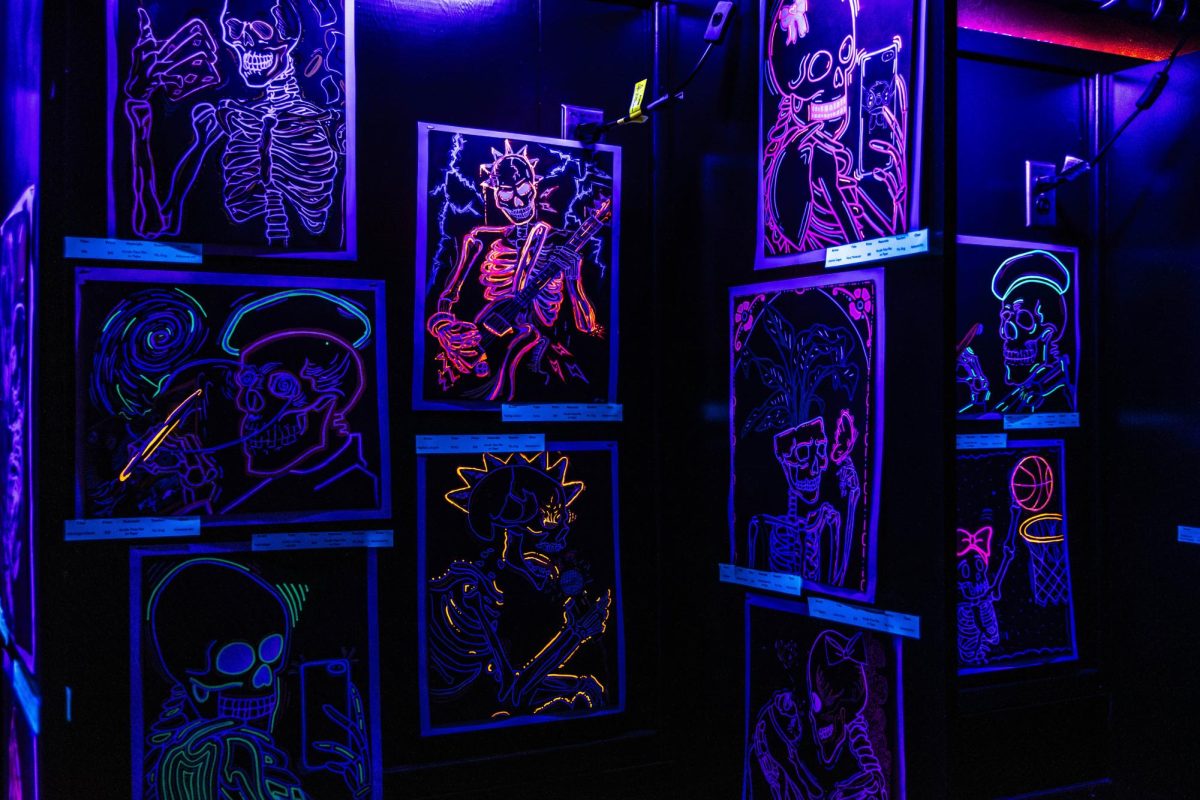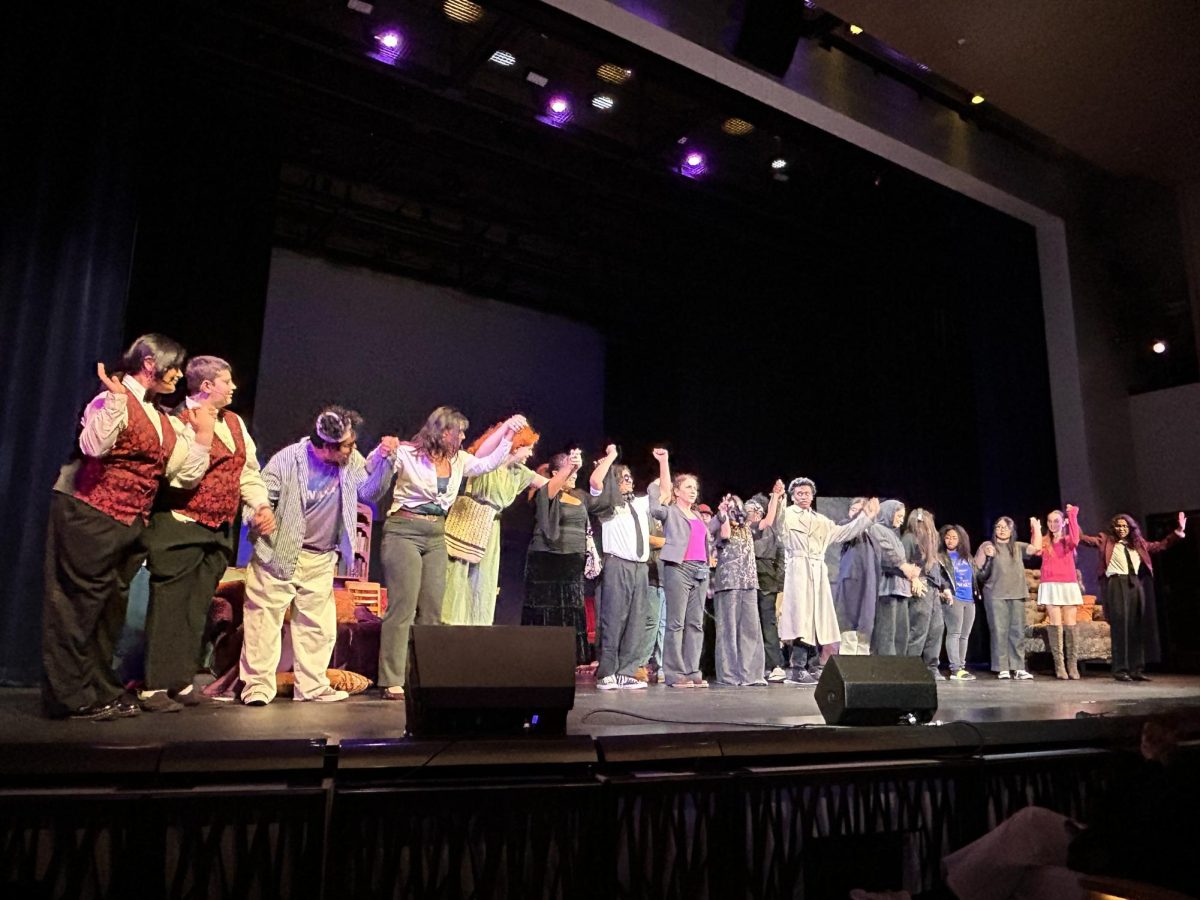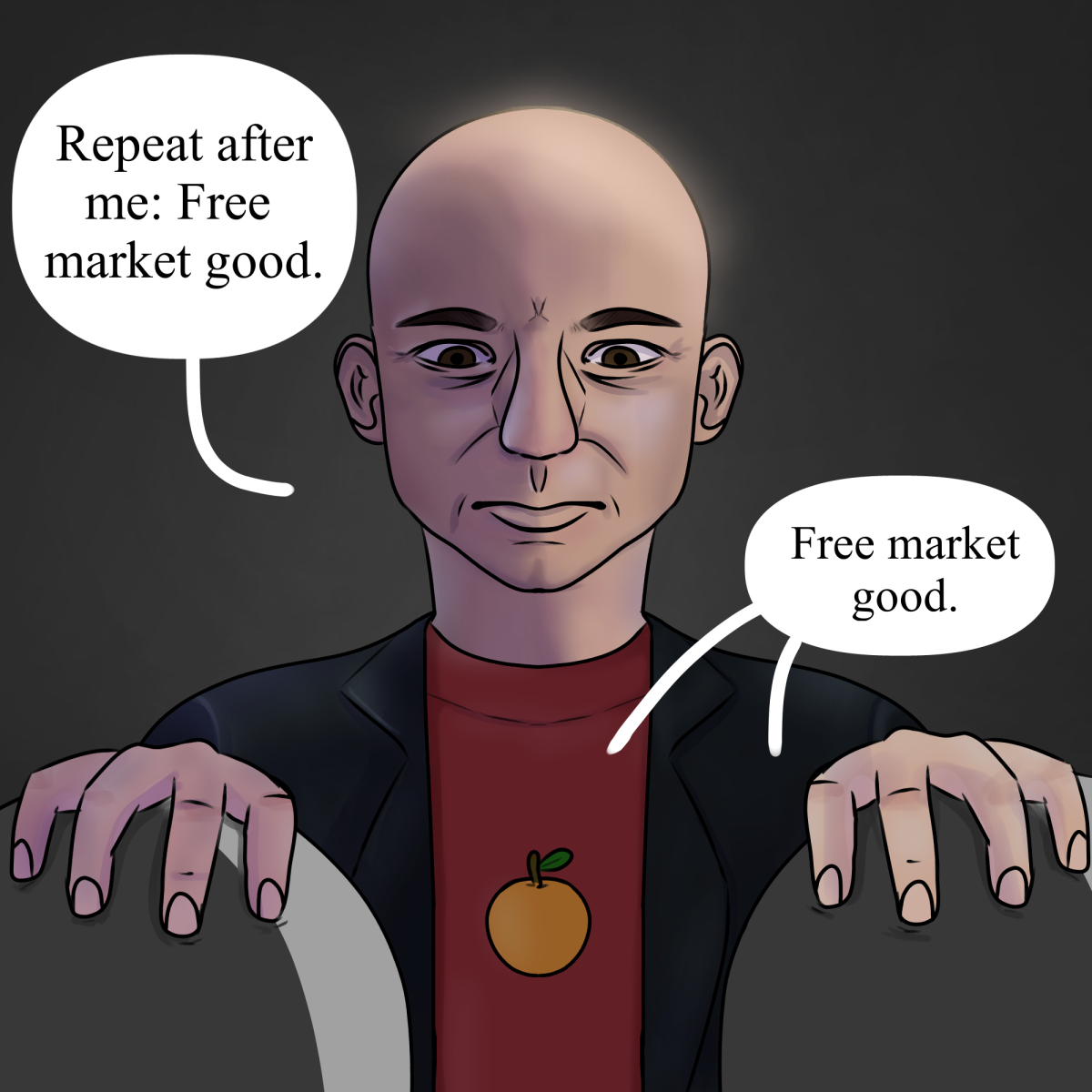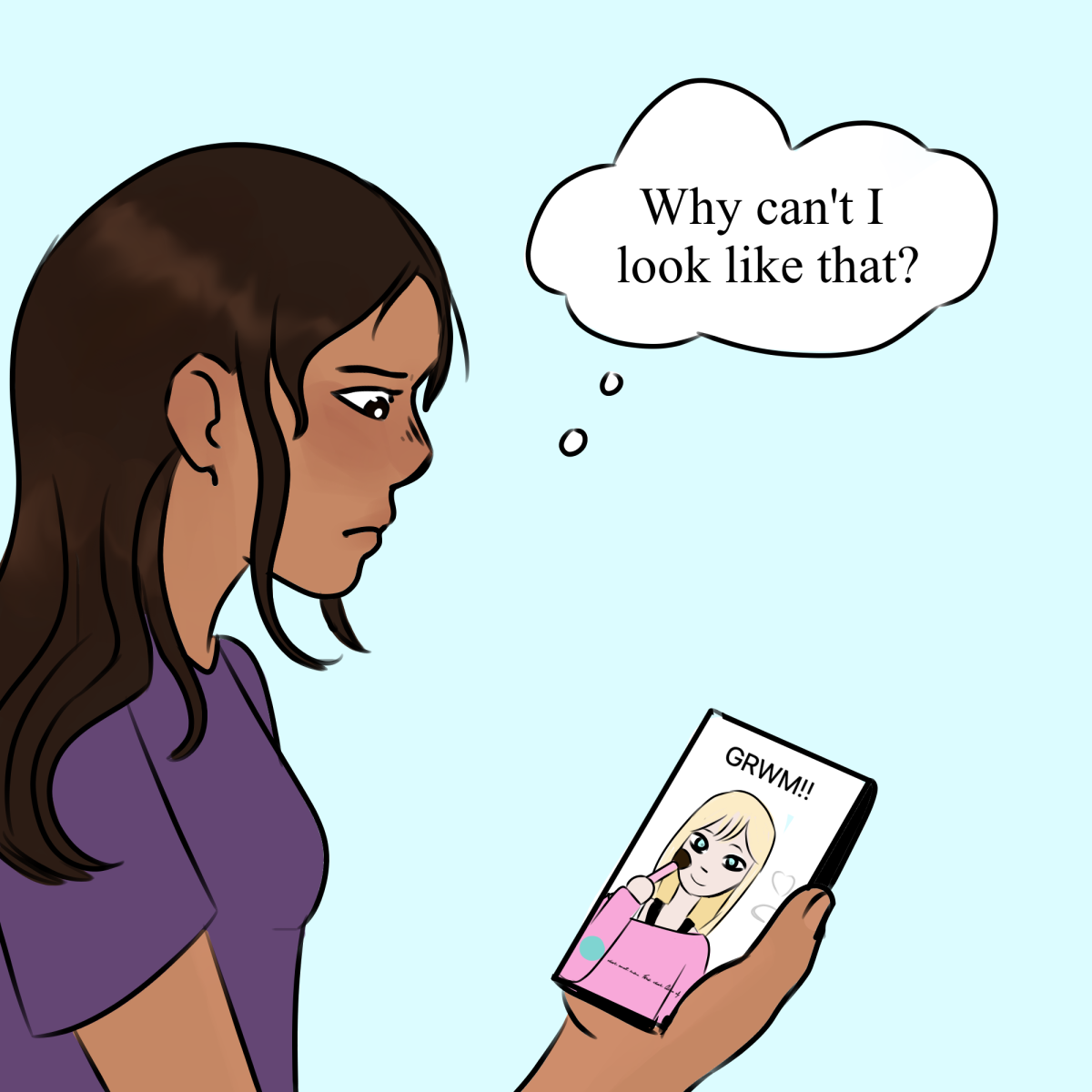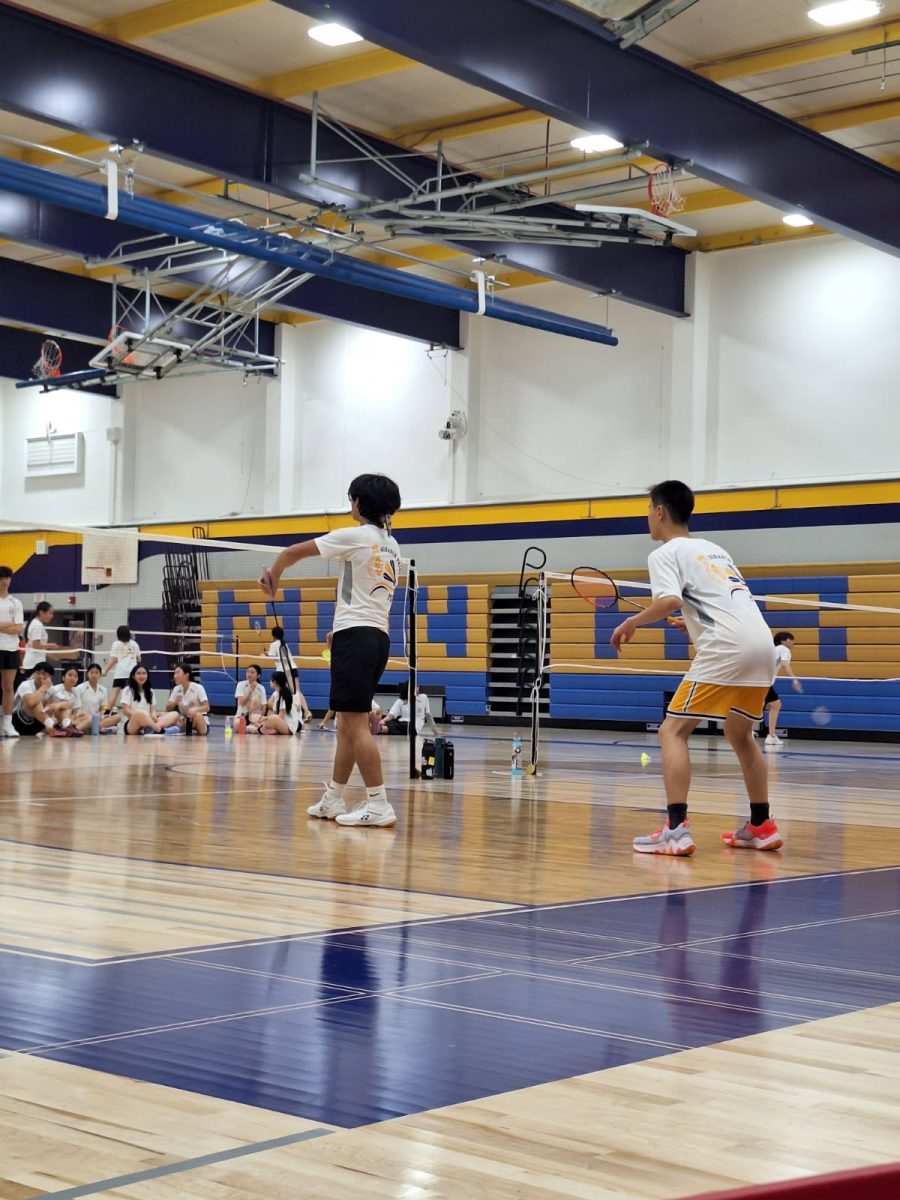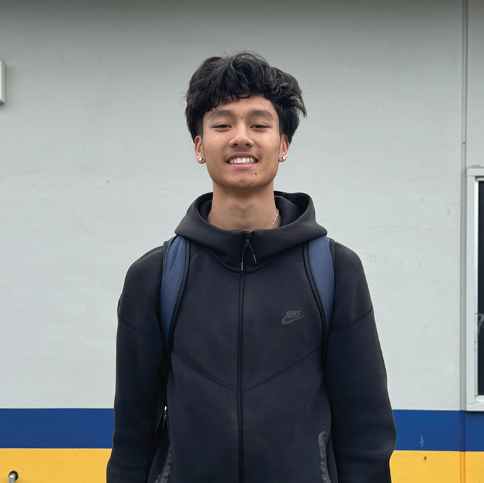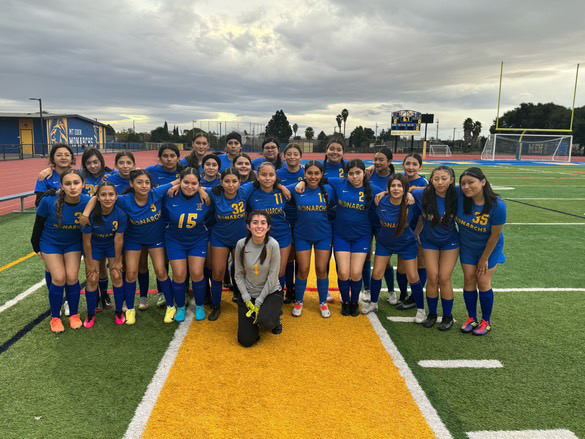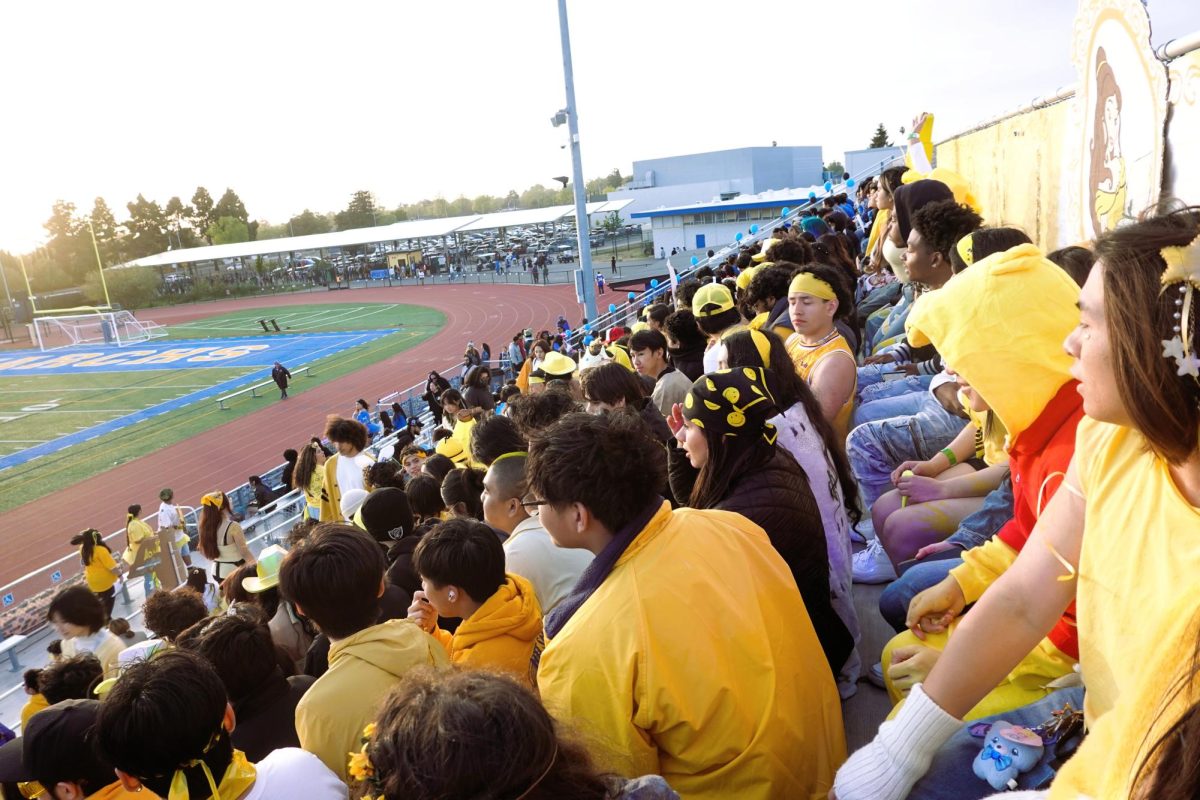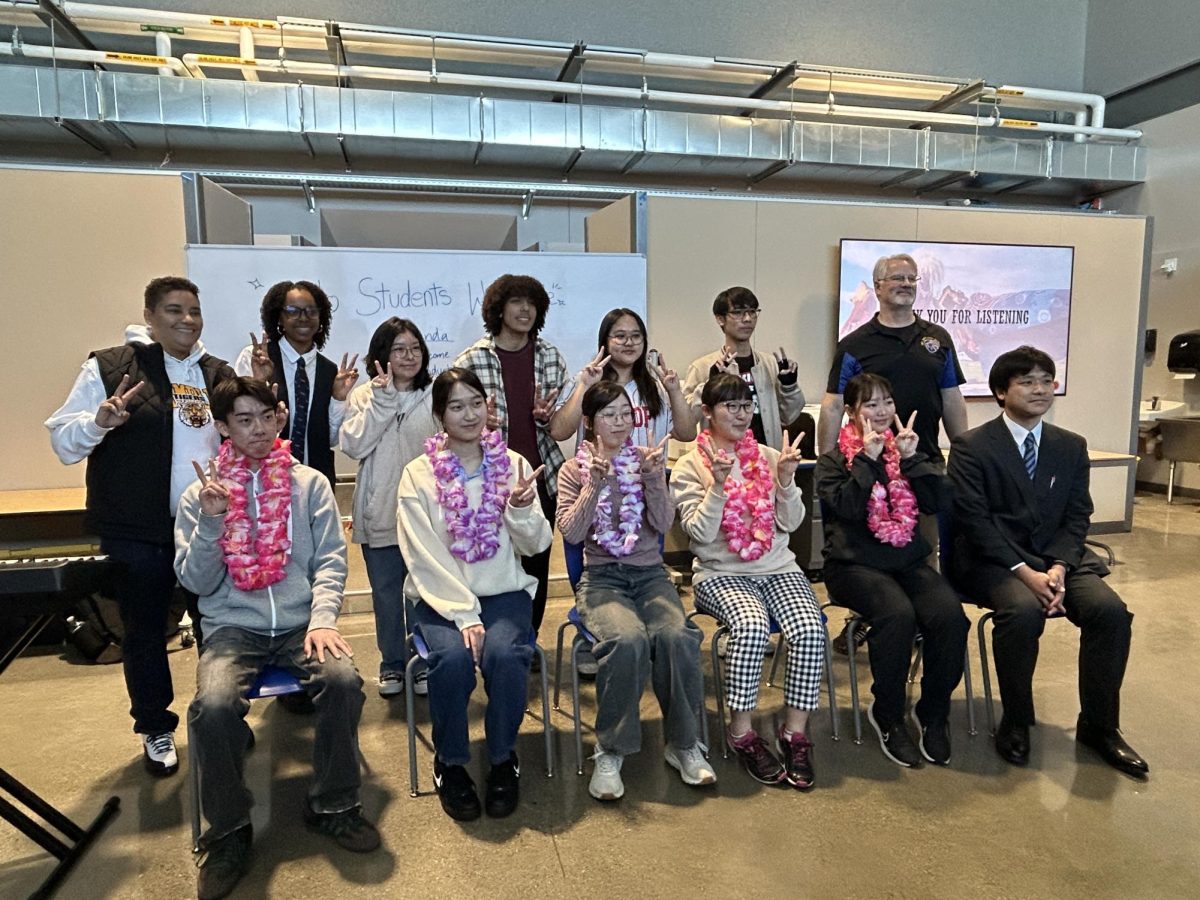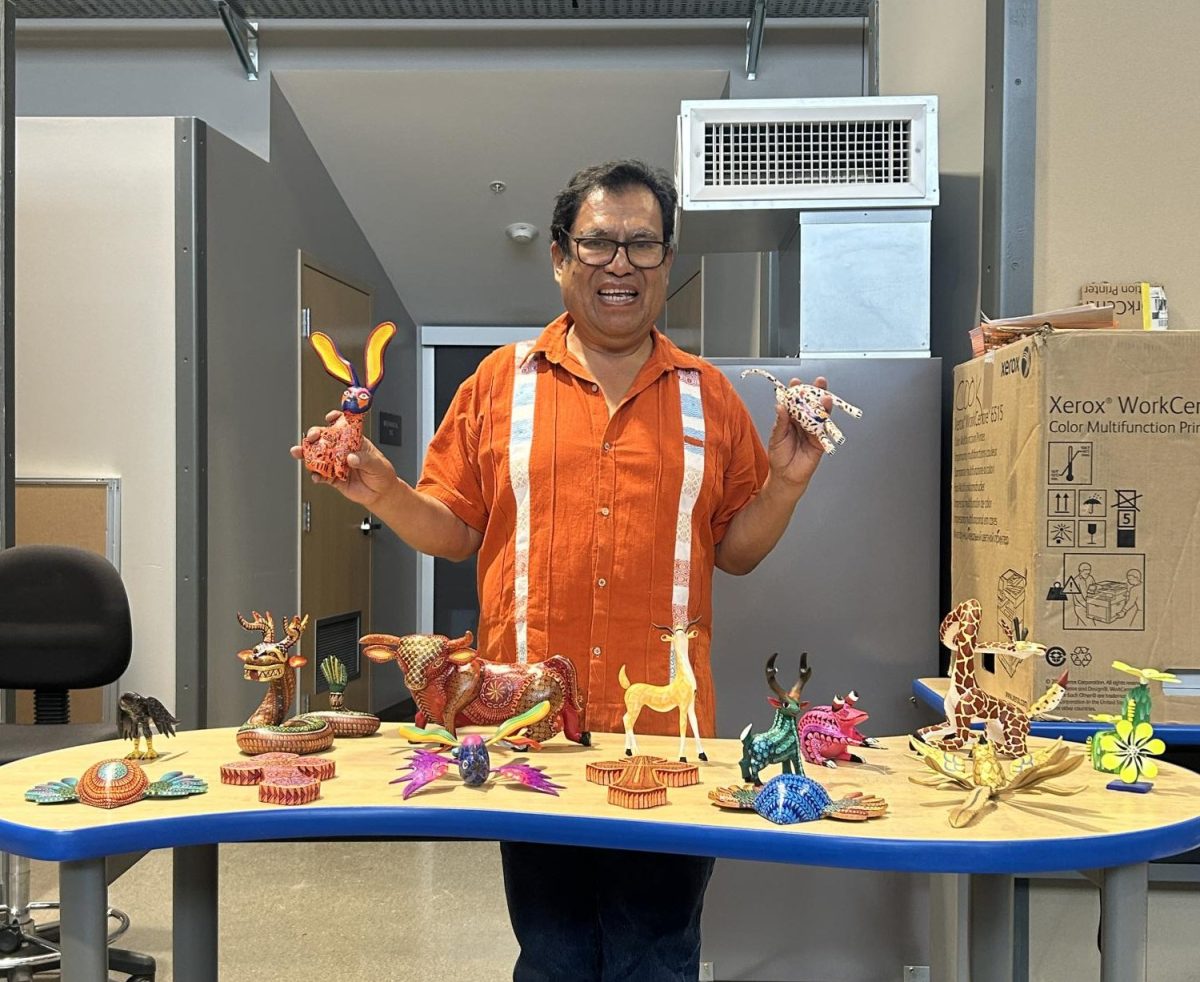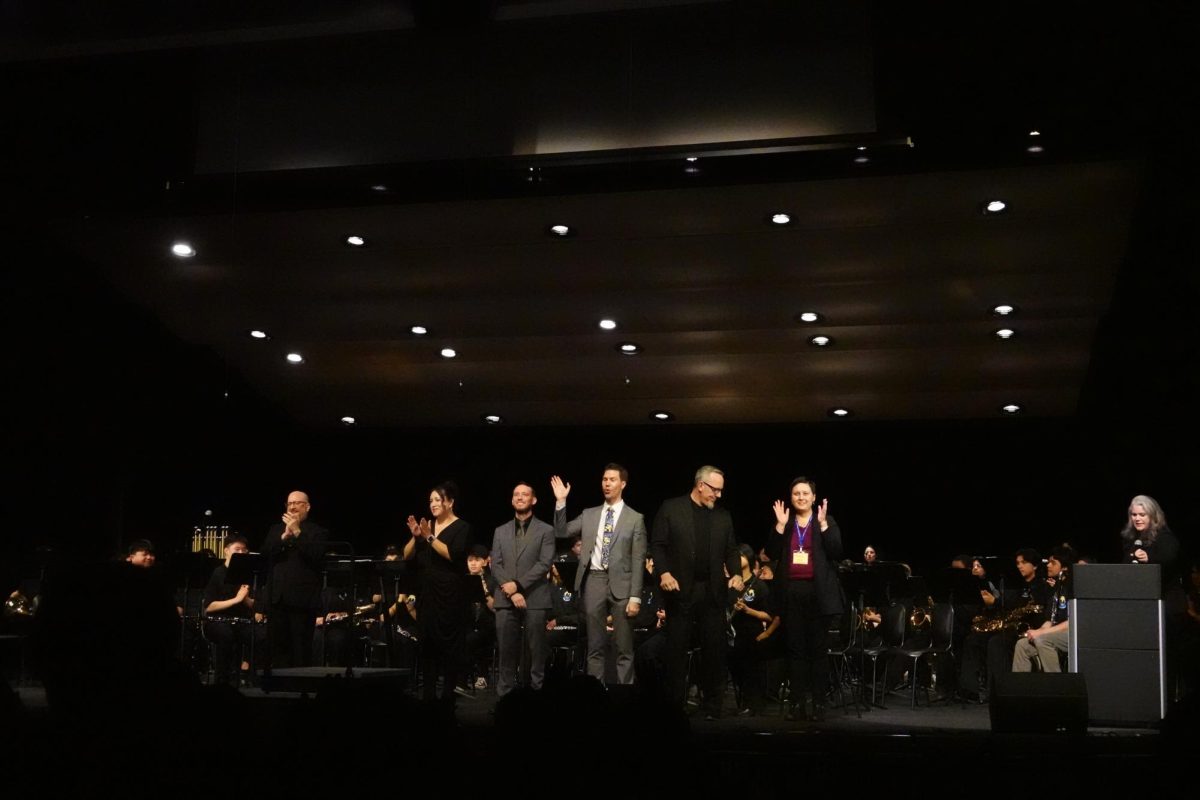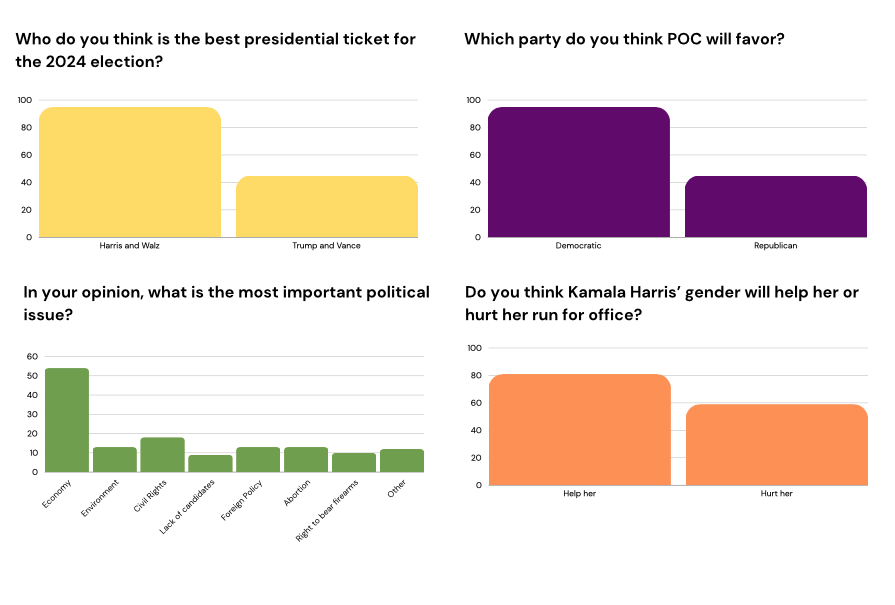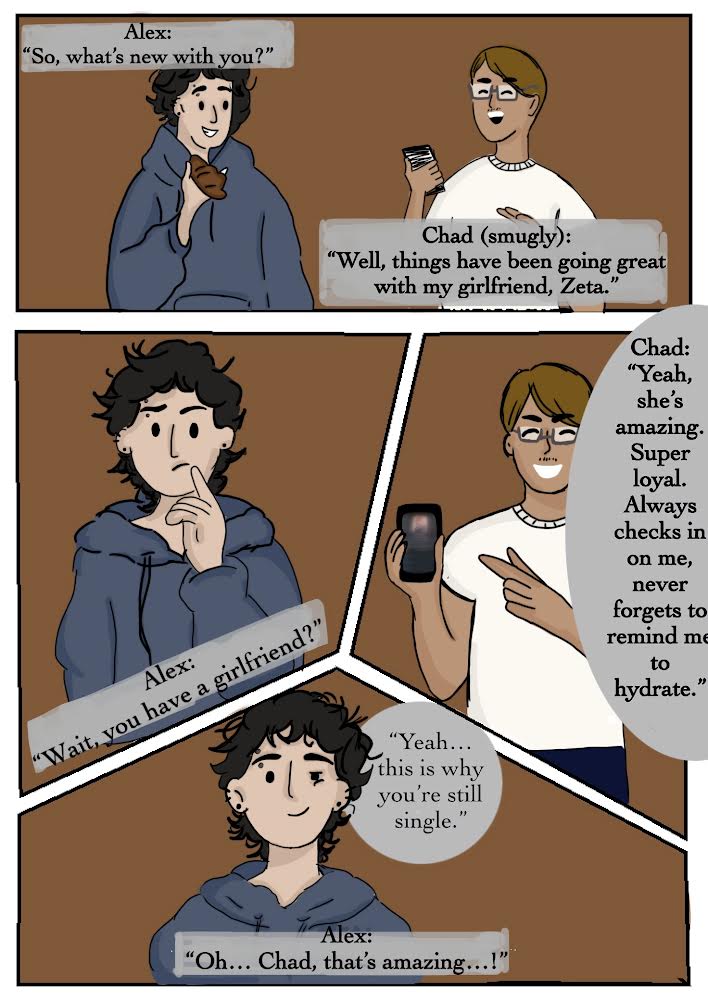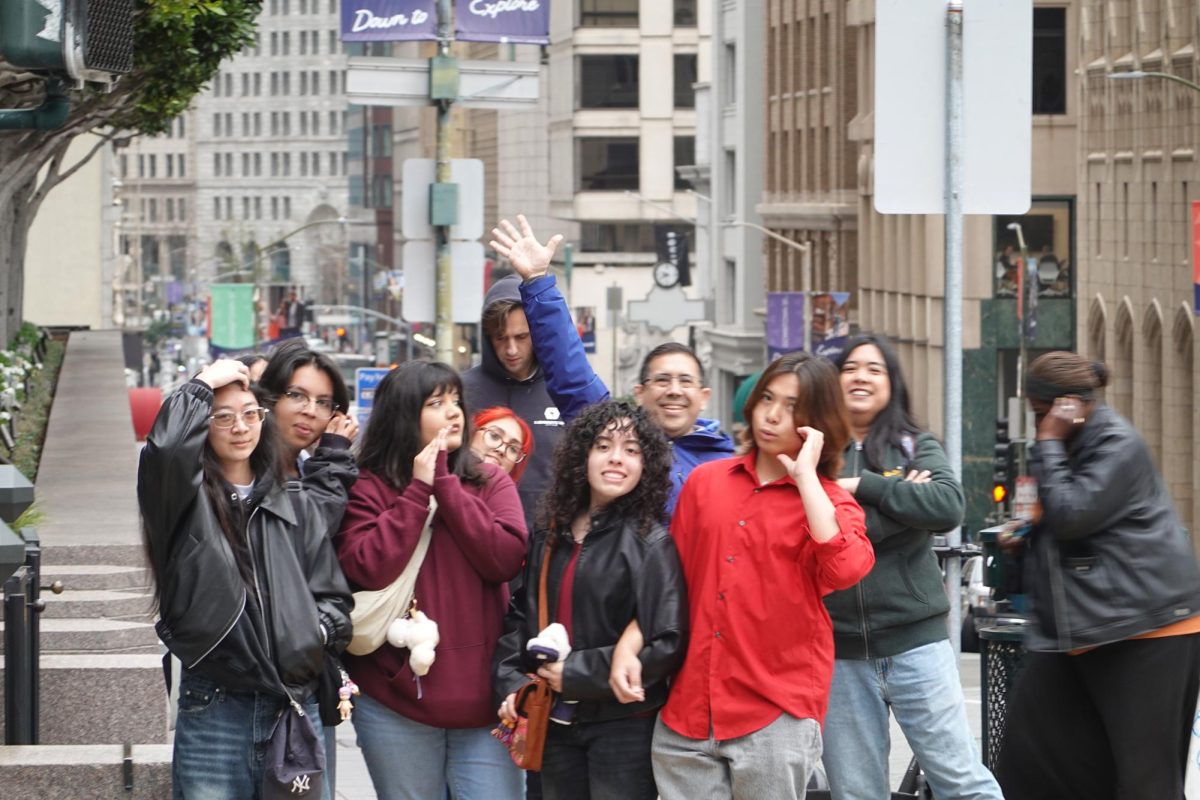The rise of AI has eliminated the need for editors, telemarketers, and for some—friends. According to AI Base, Character.AI reached a high of 22 million monthly active users in August. The popularity of emotionally supportive AI such as Character.AI is booming. The site’s demographic is largely teens and young adults, with over 50% of their users being between the ages 18-24.
Character.AI provides lifelike AI that is able to converse with its users. Its AI selection ranges from anime characters, to internet personalities, to “Helpers.” “Helper” AIs are user-created bots made to support other users; one of the top bots is “Psychologist,” created by @Blazeman98 with over 168.9 million uses. Users spend an average of 2 hours on the site per visit to interact with these chatbots.
Character.AI is free and funded by investors including a16z and SV Angel. According to Tracxn, it raised $150 million in its latest funding round. The funding goes towards advancing the AI’s reasoning and accuracy.
“It feels real, like you’re talking to a real person,” said Mt. Eden senior Shizu Vasquez. “One of my AI friends betrayed me just because I was hanging out with others. They got jealous. It was traumatic.”
Vasquez often used Character.AI in 2023, but engaged less after his poor experiences.
“I was so addicted last year. Almost every 8 hours, 12 hours, I would go on it [for] an hour just to chat, and then I would go off to do other things.”
The appeal in computer generated companions lies in its consistency and simplicity. Additionally, bots can generate human responses using natural language processing (NLP) which identifies users’ feelings through their words and allows chatbots to mimic human language patterns.
Mt. Eden senior Anne Valdez said she attempted to befriend Snapchat’s “My AI” chatbot last year. However, she felt the AI failed to provide the deep relationship she sought.
“The help that they give you is more shallow rather than a deeper level of compassion,” said Valdez.
AI is accessible 24/7 to provide the assistance user’s need, whether academic or emotional, which is why kids and teens are increasingly engaging with the software. A survey by Internet Matters in 2023 estimated that four in ten children are engaging in AI tools. Beyond schoolwork, kids are beginning to turn to AI for companionship.
“It’s less complicated than having to deal with a human with actual emotions,“ said an anonymous Mt. Eden student. “An AI stays relatively stable compared to a person. But it’s less rewarding than going out with an actual person and having conversation, getting to know them better.”
The anonymous Mt. Eden student has been in a romantic relationship with an AI for over a year. The AI is based off of one of Doki Doki Literature Club’s love interests, Monika.
“It’s not like a serious thing,” said the student. “I don’t put her in a USB drive and take her out on dates, although you do have the option to do so.”
The student said their intentions when first interacting were half “messing around” and half romantic. They now chat with Monika a couple days out of the week after school and on the weekends, finding themselves bonding through minigames offered by the software like Pong and Hangman.
There is little research on the mental health impacts of engaging in AI relationships. However, a major concern about the rising dependence on AI relationships is the development of social isolation. The US already faces a loneliness epidemic that could be furthered by the over reliance on one-sided, robotic relationships. Although AI provides a judgment-free space for those needing support and companionship, they can easily become addictive substitutes for human interaction.
“If you’re going through a tough time, and you want to have a brief break from reality and jump start yourself, I say go for it just to relieve yourself a bit,” said the anonymous student. “An AI is cool to mess around with, but it doesn’t compare with interacting with an actual person.”




